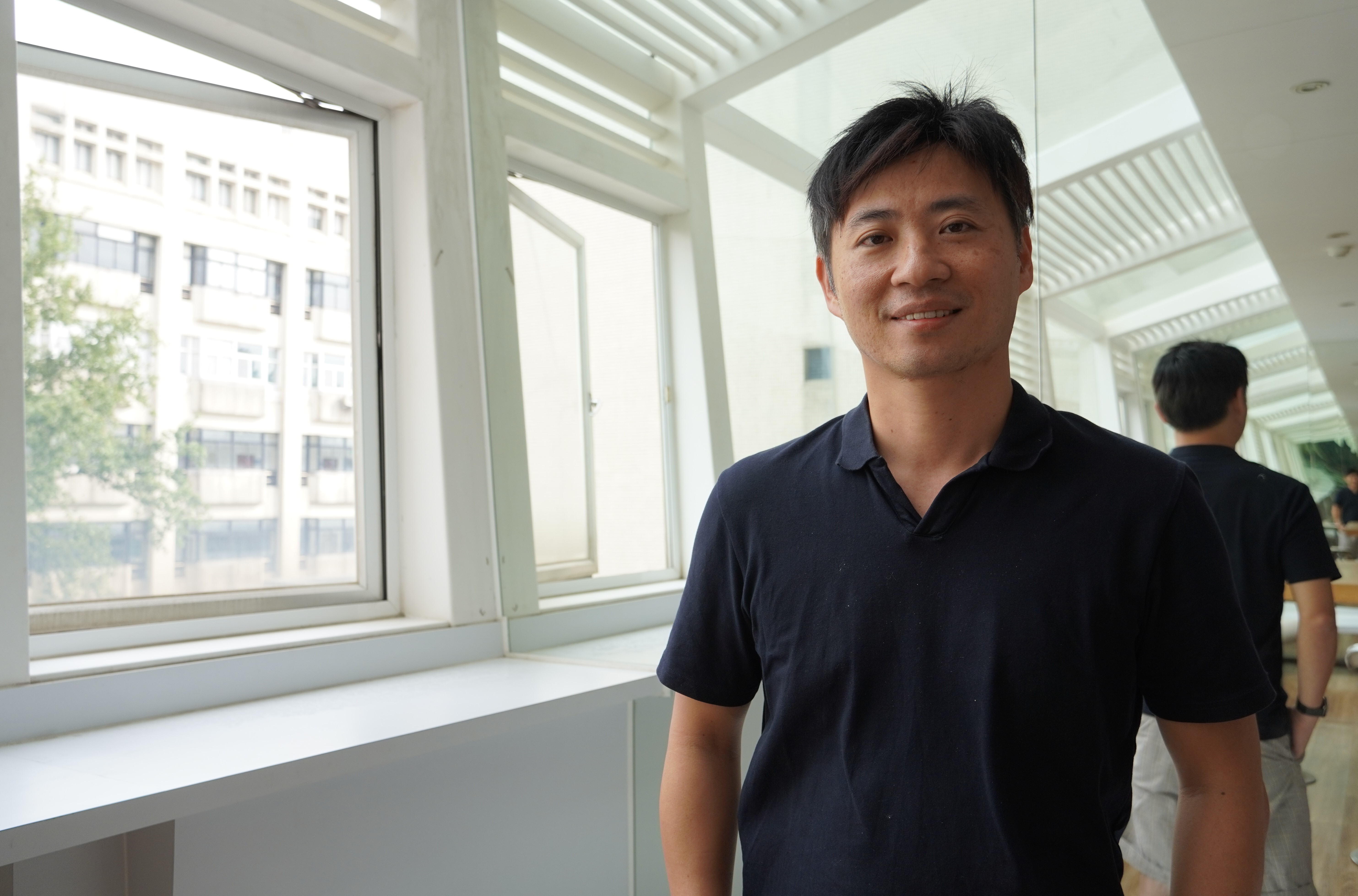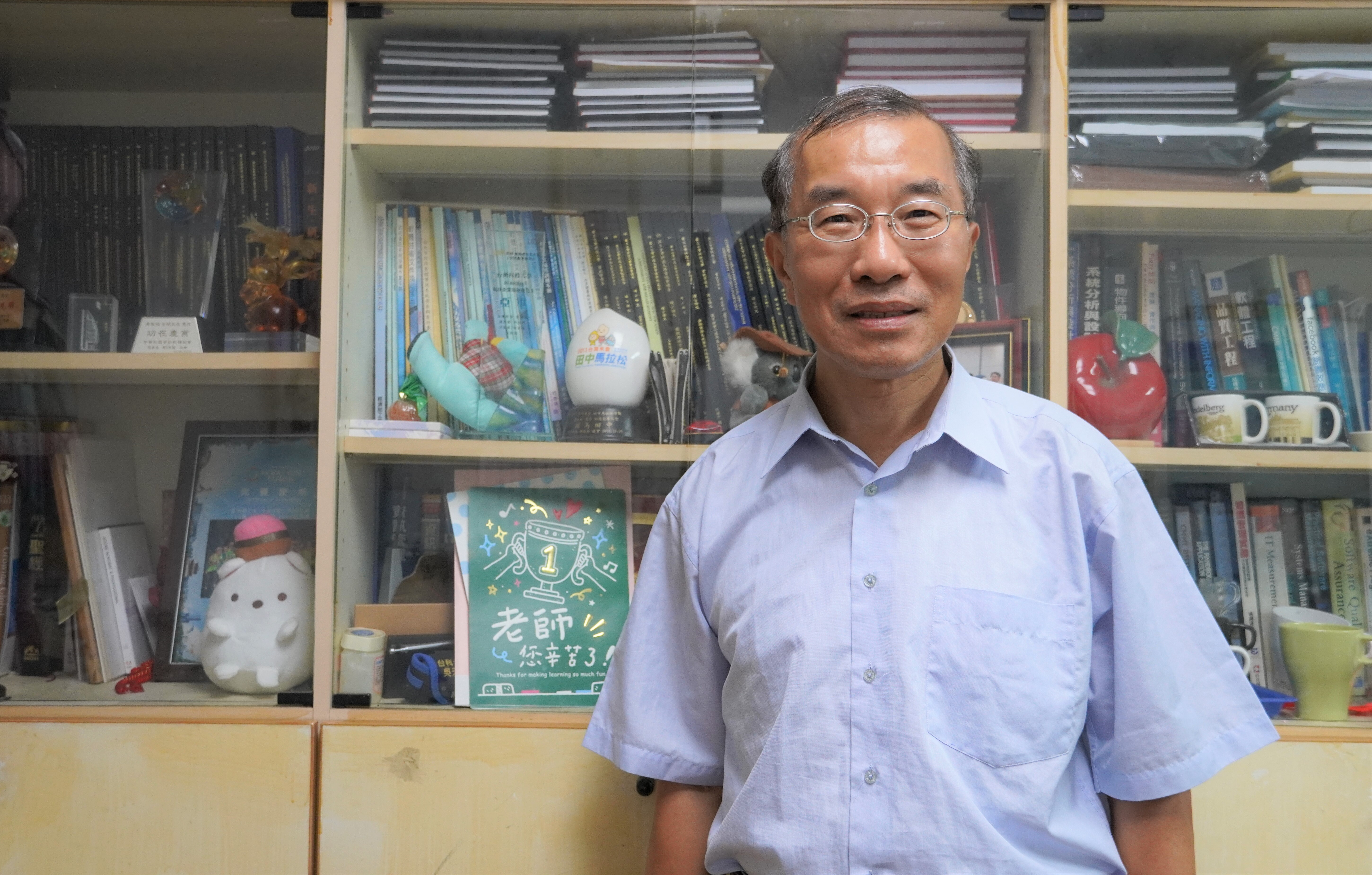Taiwan Tech strives to flip the teaching model by integrating game interaction to enhance learning effectiveness
According to the results of the Ministry of Education's "Teaching Practice Research Program" for the year 112, Professor Yi-Kai Juan from the Department of Architecture at Taiwan Tech has successfully passed the review five times in the span of six years. Additionally, Professor Shih-Chen Huang from the Department of Information Management received research funding above the average level. Faculty members at Taiwan Tech are committed to transforming traditional teaching practices to help students enhance their learning outcomes.
In these projects, Professor Yi-Kai Juan received funding for his research titled "Exploring the Relationship between Personality Traits, Flow Experience, and Learning Mode Satisfaction through the Introduction of Game-Based Teaching." He plans to develop, design, and implement game-based teaching materials to enhance their appeal. Professor Yi-Kai Juan's five successful approvals in the Teaching Practice Research Program reflect his outstanding teaching and research capabilities.
Professor Yi-Kai Juan noted that some students have found it challenging to fully engage in class in recent years. Continuing traditional lecture-style teaching may make students physically present but mentally disengaged. Professor Yi-Kai Juan shared his experience of designing a "Bidding Game," an educational simulation where students take on various roles related to real-world construction bidding scenarios, such as project owners, bidders, and construction firms. Through competitive and cooperative gameplay, this transformative approach boosts student motivation and communication skills. It not only encourages students to willingly immerse themselves in the classroom but also enhances their learning effectiveness.

Professor Yi-Kai Juan from the Department of Architecture at Taiwan Tech.
In the face of rapid changes in technology and the teaching environment, as well as declining student motivation, Professor Yi-Kai Juan believes that we cannot approach current teaching practices with traditional thinking. Teachers should prioritize addressing issues in the classroom and seek ways to improve these challenges. They should innovate teaching materials and methodologies to enhance the attractiveness of course content and teaching quality, thereby providing students with a better learning experience."

Professor Yi-Kai Juan has creatively integrated the concepts of Western architectural history into a card game, thereby enhancing the appeal and engagement of the course.
On the other hand, Professor Shih-Chen Huang from the Department of Information Management, with over 30 years of cumulative teaching experience, has successfully passed a review for his research titled "The Relationship Between Motivation and Effectiveness of Students in Programming Courses Using the Equitable Team Code Review Teaching Method." Professor Huang notes that the current diversification of entry pathways has resulted in varying levels of programming skills among students in his classes. This heterogeneity presents a significant pedagogical challenge. Furthermore, the prevalence of mobile devices and social media apps in the classroom has proven to be a major distraction for students. Some students, struggling to keep pace, are prone to disengagement, leading to a detrimental cycle of learning apathy.

Professor Shih-Chen Huang from the Department of Information Management at Taiwan Tech.
In this initiative, Professor Huang employs the Equitable Team Code Review methodology, facilitating peer learning, cooperative learning, and peer assessment within student teams. This approach allows proficient students within a team to mentor their peers with lower proficiency levels, resulting in the overall improvement of both individual and collective programming abilities. This collaborative learning framework not only cultivates a profound sense of accomplishment among students but also mirrors the mentorship and reciprocal assistance commonly found in professional settings. This approach is conducive to fostering team consensus and achieving shared goals.
Furthermore, Professor Huang emphasizes the importance of preparing students for the dynamic nature of the industry, where technological advancements are constant. In addition to imparting foundational knowledge and skills, educators play a vital role in nurturing students' self-directed learning, logical thinking, and problem-solving abilities, which are integral to their future success.

Professor Shih-Chen Huang values interaction with students to enhance classroom engagement.
To date, Professor Shih-Chen Huang has received approval for three Teaching Practice Research Program projects. He views these projects as a means of integrating teaching and research, allowing educators to apply their research expertise to address challenges encountered in the teaching environment. Furthermore, these projects create opportunities for graduate students to participate in their execution. Professor Huang also collaborates with industry professionals during his classes, ensuring that students remain current with evolving industry technologies while bridging the gap between theory and practical application.
Since 2018, the Ministry of Education has been promoting the Teaching Practice Research Program, which directly funds teachers to undertake innovative research in curriculum instruction. This program assists educators in conducting analyses and validations using research methodologies and assessment tools. It encourages the adoption of flipped classroom models and the implementation of diverse, innovative teaching approaches to enhance learning outcomes. Remarkably, the program has received over 19,000 project proposals, with more than 8,500 gaining approval. From the 2018 academic year to the 2023 academic year, Taiwan Tech has had 113 projects pass the review process.
